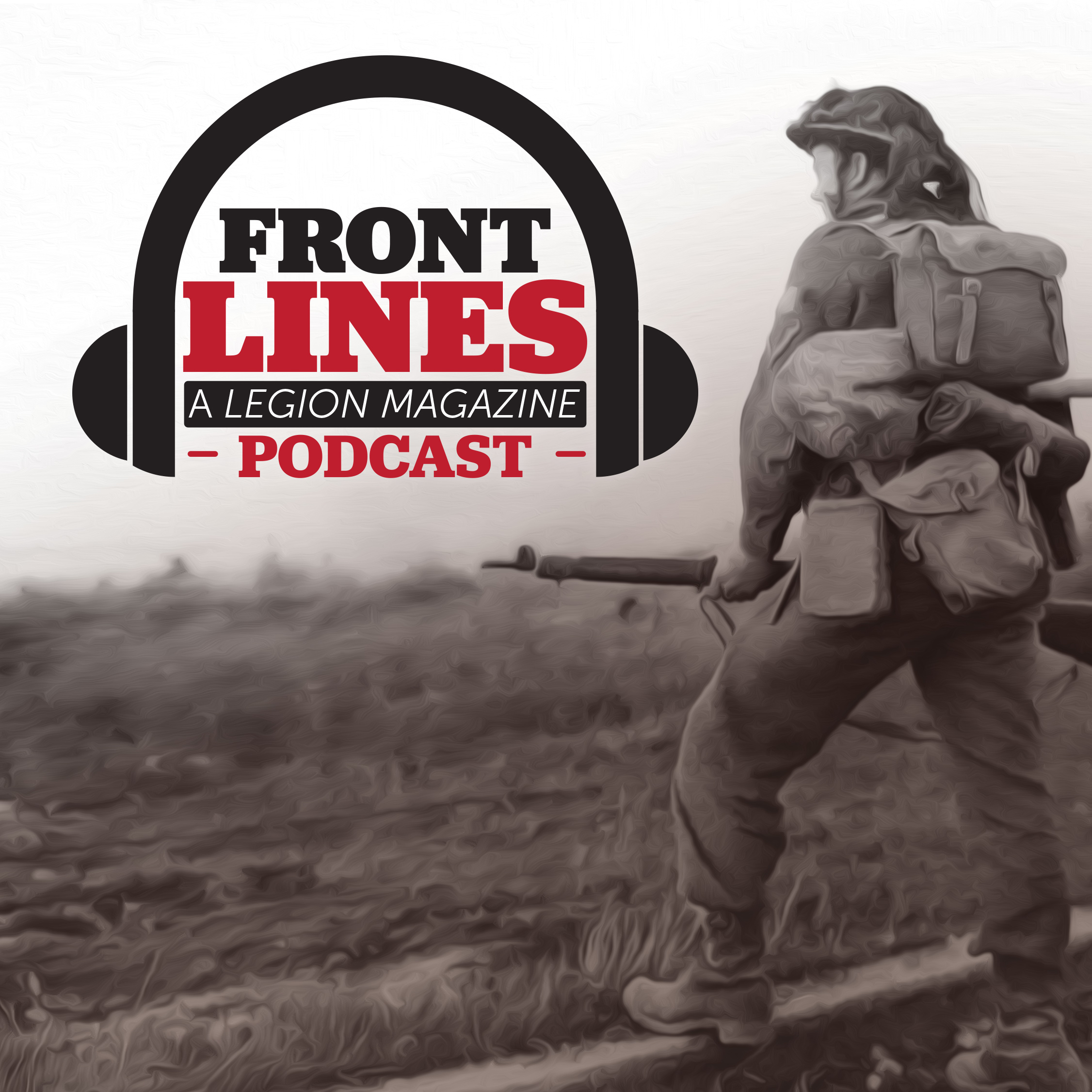Episodes
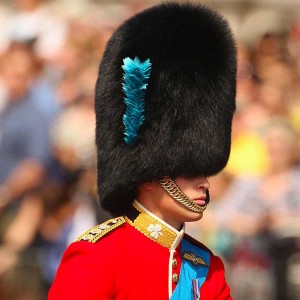
Thursday Sep 03, 2020
A feather in your cap
Thursday Sep 03, 2020
Thursday Sep 03, 2020
Celebrated officers wore the feathered crowns of egrets. British infantrymen wear “hackles.” Italian shock troops, known as Bersaglieri, rather flamboyantly sport the feathers of a particular wood grouse known as a capercaillie.
Military tradition has spawned a bizarre menagerie of headgear, both for dress occasions and battle. The practice is virtually as old as warfare. It knows no borders and, at times, it seems to defy logic...
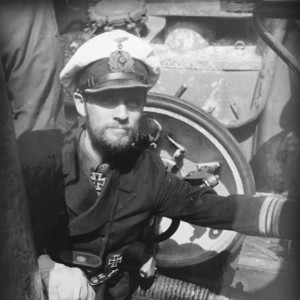
Friday Aug 28, 2020
Reinhard Hardegen: Last of the U-boat aces
Friday Aug 28, 2020
Friday Aug 28, 2020
He ranked No. 24 on the list of Germany’s Second World War U-boat aces but, in sheer chutzpah, few could compare with Reinhard Hardegen.
Hardegen died in Germany on June 9 at age 105, the last of a breed both reviled and respected for preying on all manner of Allied ships from beneath the waves—a cloak of invisibility that offered them large measures of both risk and reward...
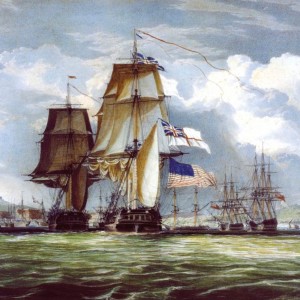
Thursday Aug 13, 2020
The Yankees were thinking of coming!
Thursday Aug 13, 2020
Thursday Aug 13, 2020
Less than a century after the Americans were defeated in the War of 1812, the U.S. Naval War College, Class of 1894, came up with a hypothetical plan to give it another try—by invading Halifax and destroying Pictou County’s coal mines...
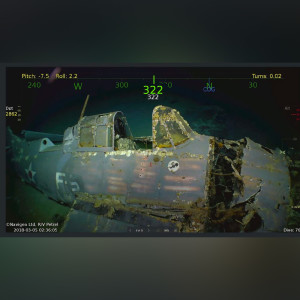
Thursday Aug 06, 2020
The story of a forgotten airplane
Thursday Aug 06, 2020
Thursday Aug 06, 2020
In early March 2018, the co-founder of Microsoft, Paul Allen, led an expedition 800 kilometres east of Australia, where he found the long-lost wreck of the USS Lexington, an aircraft carrier sunk during the Battle of the Coral Sea almost 76 years ago...
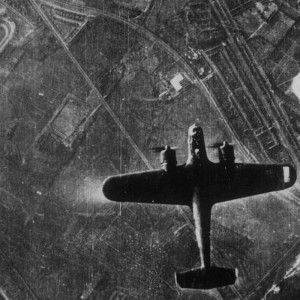
Friday Jul 17, 2020
The bombing of East Grinstead
Friday Jul 17, 2020
Friday Jul 17, 2020
Seventy-five years ago, on July 9, 1943, a Dornier Do 217E became separated from the rest of its 10-plane Luftwaffe flight as it entered a cloudbank on its way to bomb London.
Likely based near the town of Toulouse, France, close to the Spanish border, the German bombers had crossed the English coast at Hastings on one of hundreds of raids that dropped tens of thousands of tonnes of bombs over the course of the Second World War, killing some 60,000 British civilians and injuring 80,000 more—most of them Londoners.
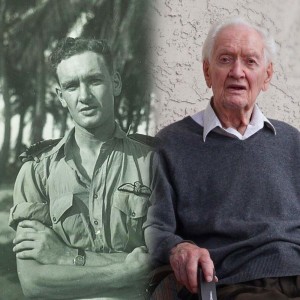
Monday Jul 06, 2020
John Stewart Hart: “The Spitfire every time”
Monday Jul 06, 2020
Monday Jul 06, 2020
Ask Canada’s last-surviving Battle of Britain veteran which aircraft he preferred, the Supermarine Spitfire or the North American P-51 Mustang, and the 102-year-old fighter pilot doesn’t bat an eye.
“The Spitfire every time,” says John Stewart Hart, a Second World War squadron leader who flew both, as well as Hurricanes, during six years of combat...
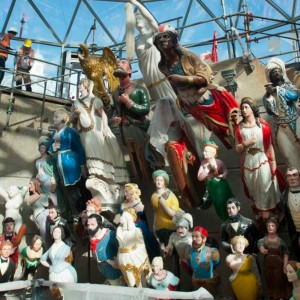
Friday Jun 26, 2020
‘And all who sail in her. . . .’
Friday Jun 26, 2020
Friday Jun 26, 2020
There was a bit of a row across the pond recently after the Scottish Maritime Museum decided to adopt gender-neutral signage for its vessels.
Museum director David Mann told The Guardian newspaper the decision to drop “she” for “it” when referencing ships was made after two signs were vandalized, presumably by folks opposed to the feminization of inanimate objects, a practice also applied to man’s other favourite toys: planes, trains and automobiles...
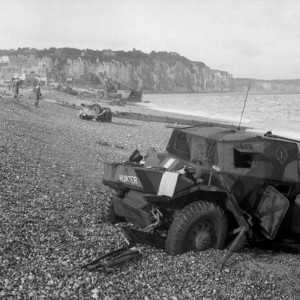
Thursday Jun 18, 2020
From Dieppe to D-Day
Thursday Jun 18, 2020
Thursday Jun 18, 2020
In his orders of the day on June 6, 1944, Lieutenant-General Henry D.G. (Harry) Crerar told some 14,500 Canadian soldiers destined for the beaches and drop zones of Normandy that their impending success was thanks largely to the disaster at Dieppe.
Almost two years earlier, 5,000 Canadians, 1,000 British and 50 U.S. Army Rangers launched an ill-planned and poorly supported raid on the French seaside town northeast of the D-Day beaches...
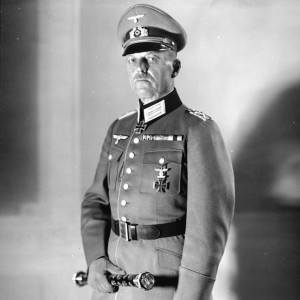
Friday Jun 12, 2020
A German commander’s assessment of the D-Day invasion
Friday Jun 12, 2020
Friday Jun 12, 2020
A field report submitted by Adolf Hitler’s commander-in-chief on the western front said the Allies’ invading D-Day forces gained a foothold in occupied Europe due to four key factors. In the report filed two weeks after the June 6, 1944, invasion, Field Marshal Karl R. Gerd von Rundstedt said the Allies’ “complete mastery in the air” was the No. 1 contributor to their early successes in Normandy....
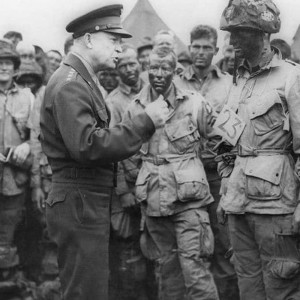
Thursday Jun 04, 2020
The mighty word on D-Day
Thursday Jun 04, 2020
Thursday Jun 04, 2020
The American employed soaring oratory in calling D-Day troops to “the Great Crusade.” The Brit summoned the words of a 17th-century soldier-poet as he urged the “team” on in their “great and righteous cause.”
The Canadian, on the other hand, reminded his troops of the “knowledge and experience bought and paid for” by brothers-in-arms who had gone down to abject defeat at Dieppe two years earlier....
Music by Vera Lynn – We’ll meet again (Fair Use – Editorial)

